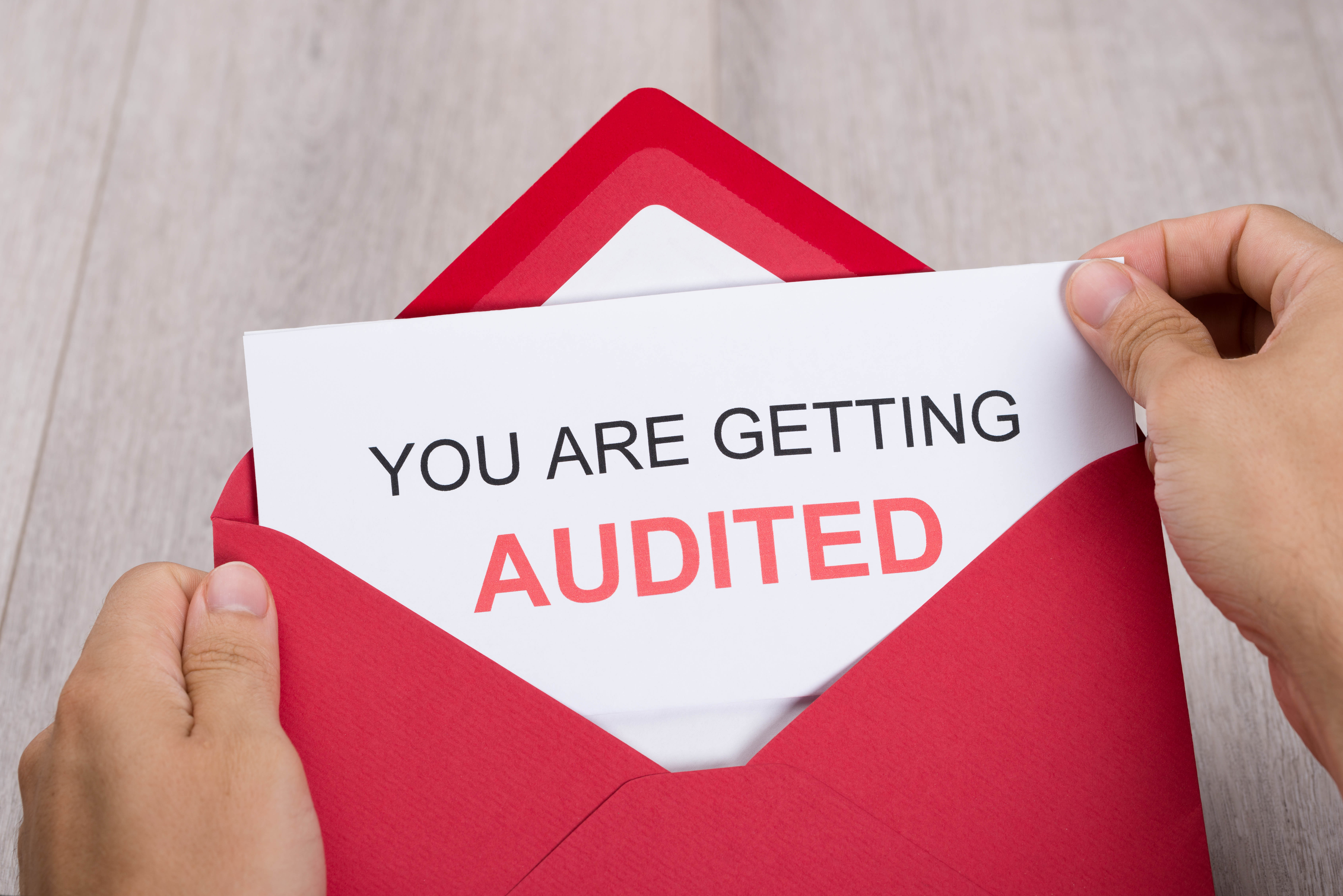
The potential for an audit is a fact of life for retirement plan sponsors. Audits can be conducted by either the Internal Revenue Service (IRS) or the Department of Labor (DOL). They can’t really be avoided—but you can prepare in advance for an audit. Incorporating a process of prudence in the administration of your plan can help make surviving the process easier, in the event that you do get audited.
The likelihood of getting audited is increasing. That’s because the DOL is assuming greater auditing duties, in addition to the traditional audits the IRS continues to perform.
No matter which government agency is conducting the audit, it can be a stressful and anxiety-inducing event for a plan sponsor or fiduciary. Here are some of the common questions I hear from plan sponsors when they find out their plan has been selected for audit:
“Why was my plan chosen?”
Generally, the IRS follows a random selection process when selecting plans for an audit. Random audits help to promote compliance among plan sponsors and consistent enforcement of ERISA law.
When the DOL identifies a plan for an audit, it’s usually because they are looking for a specific violation. DOL audits are often initiated by a participant complaint, a referral from a service provider, or the raising of a “red flag” by a computer program.
“What are the auditors looking for?”
Both the IRS and DOL have jurisdiction over 401(k) plans and both agencies have the authority to conduct audits to ensure compliance with current laws. DOL audits are focused on the fiduciary standards, reporting and disclosure requirements that don’t affect the qualified status of the plan.
You should be prepared to present the following documents and information to the DOL auditors:
- The executed plan document with amendments
- Form 5500’s for 3 years
- Summary Annual Report (SAR) for 3 years
- Distribution forms provided to participants
- Current and sufficient fidelity bond for the plan
- Financial statements related to plan
- A list of the plan’s investments
- The plan’s Investment Policy Statement (IPS)
- Minutes of meetings of the trustee or investment committee showing how investment decisions are made
IRS audits, on the other hand, are looking for violations of pension law that could potentially disqualify the plan from its tax-exempt status. During the examination, IRS auditors will focus on these common issues (among others):
- Eligibility, participation and coverage
- Vesting
- Discrimination that favors highly compensated employees
- Top-heavy requirements
- Contribution and benefit limits
- Timeliness of deductions, funding and distributions
- Plan and trust documents
- Timeliness of tax returns and report filing
“What can I do to avoid an audit?”
Unfortunately, avoiding an audit altogether is impossible, especially with the random nature of the IRS selection process. You can mitigate your risk of being selected for DOL audit by establishing and following a process of fiduciary prudence. A thorough process of prudence can check many of the boxes that IRS and DOL auditors will look for if your plan comes under scrutiny and will help to make the auditing process less stressful for you.
Rather than hope an audit never happens to your plan, a better approach is to prepare in advance—if you are notified of an audit, you’ll be ready for the prying eyes of auditors and confident in answering their questions.

Join the conversation
We would love to hear from you